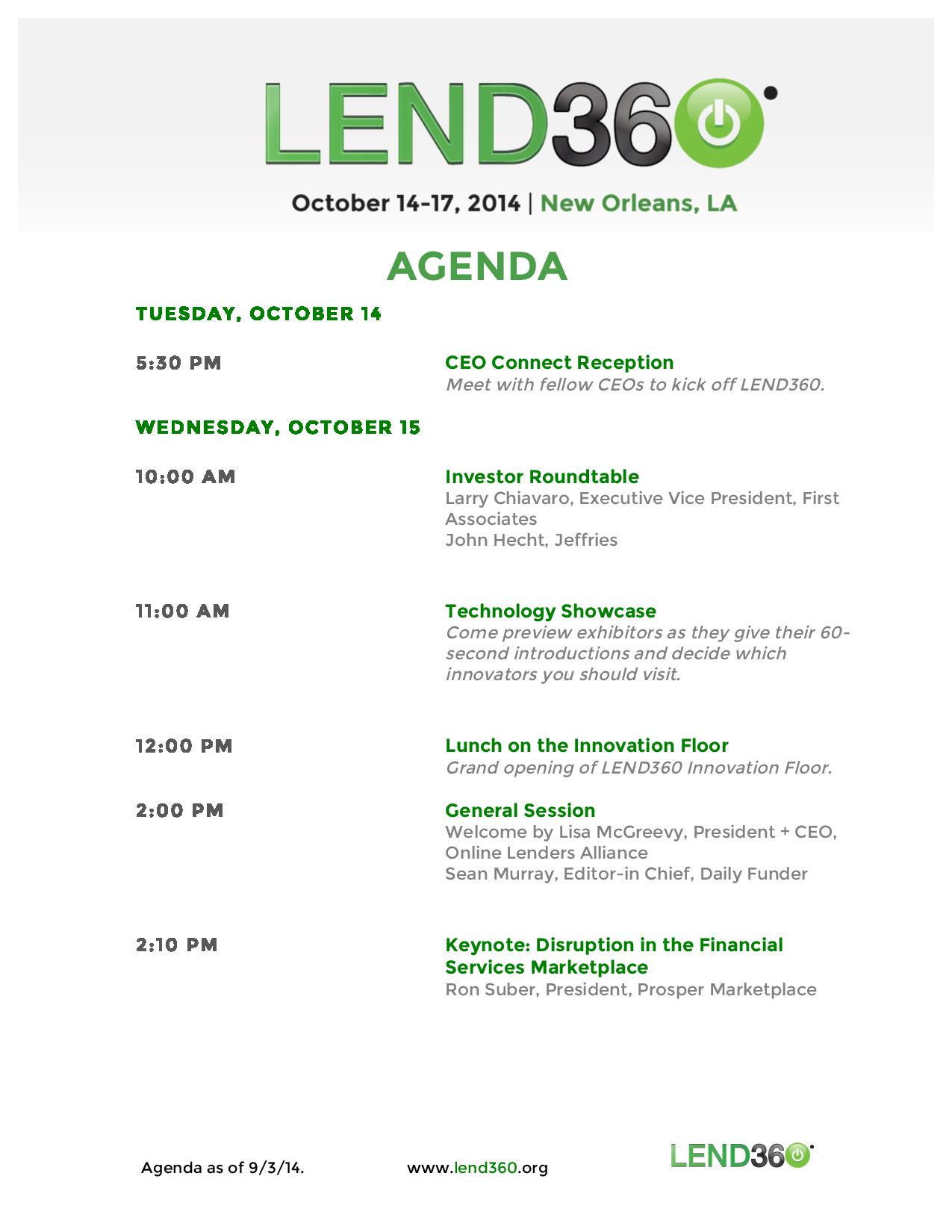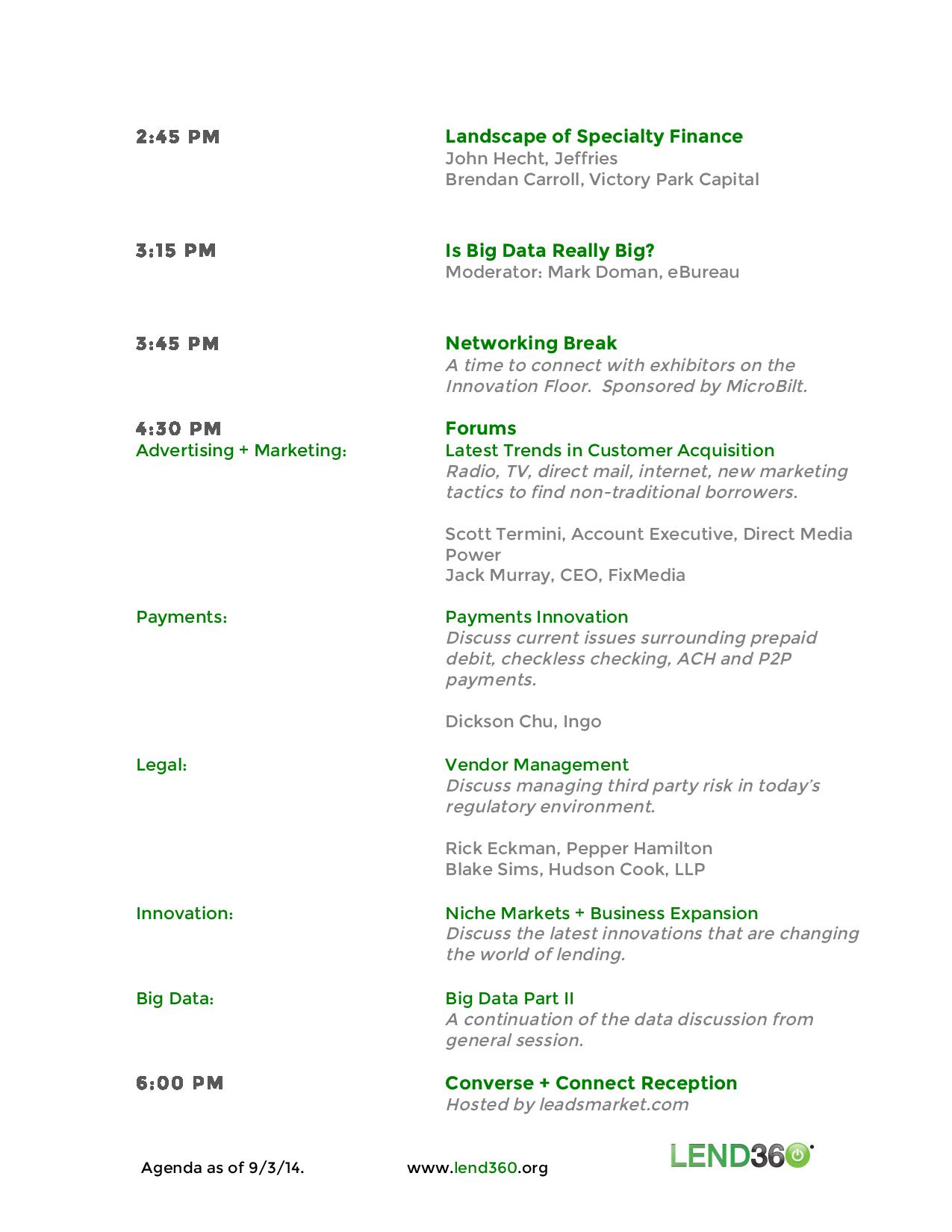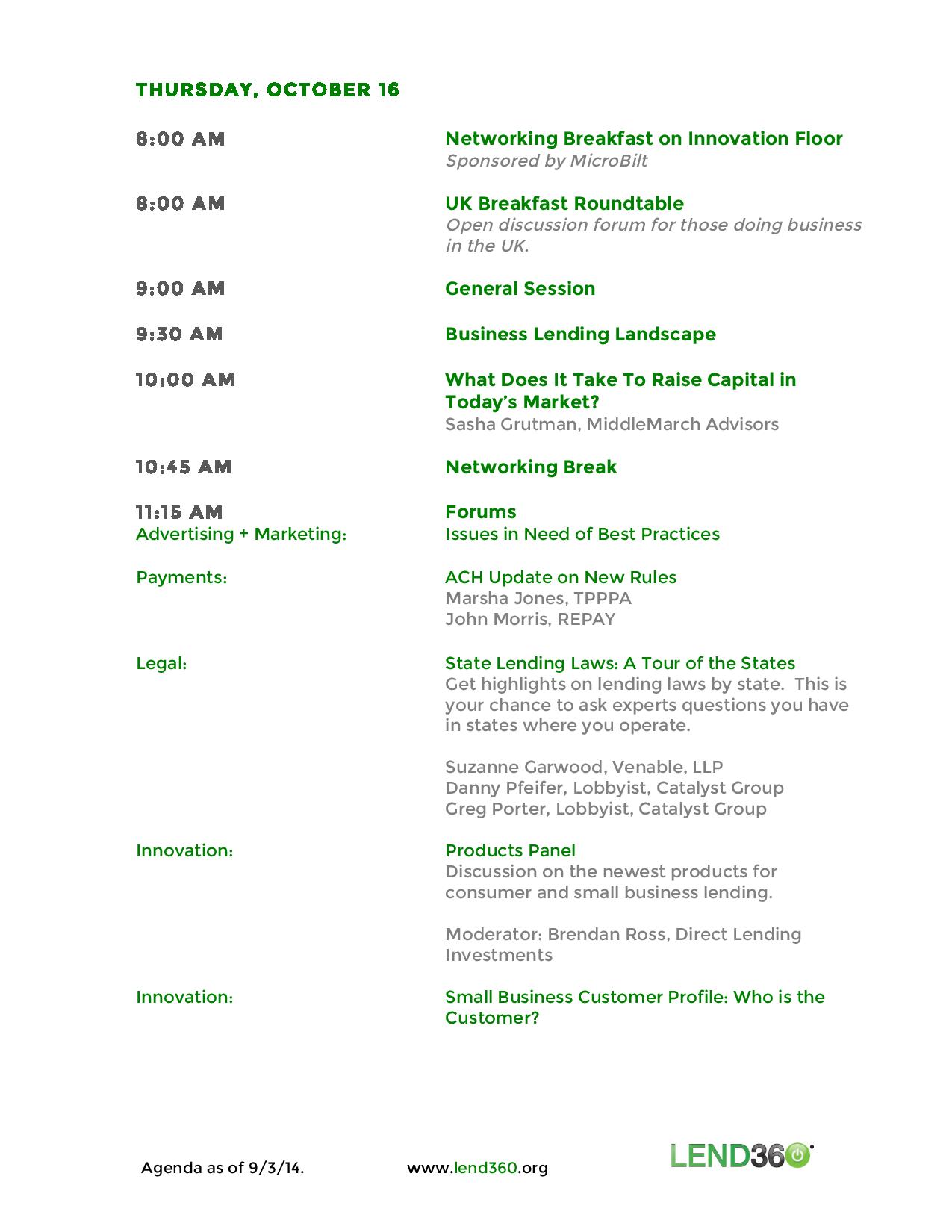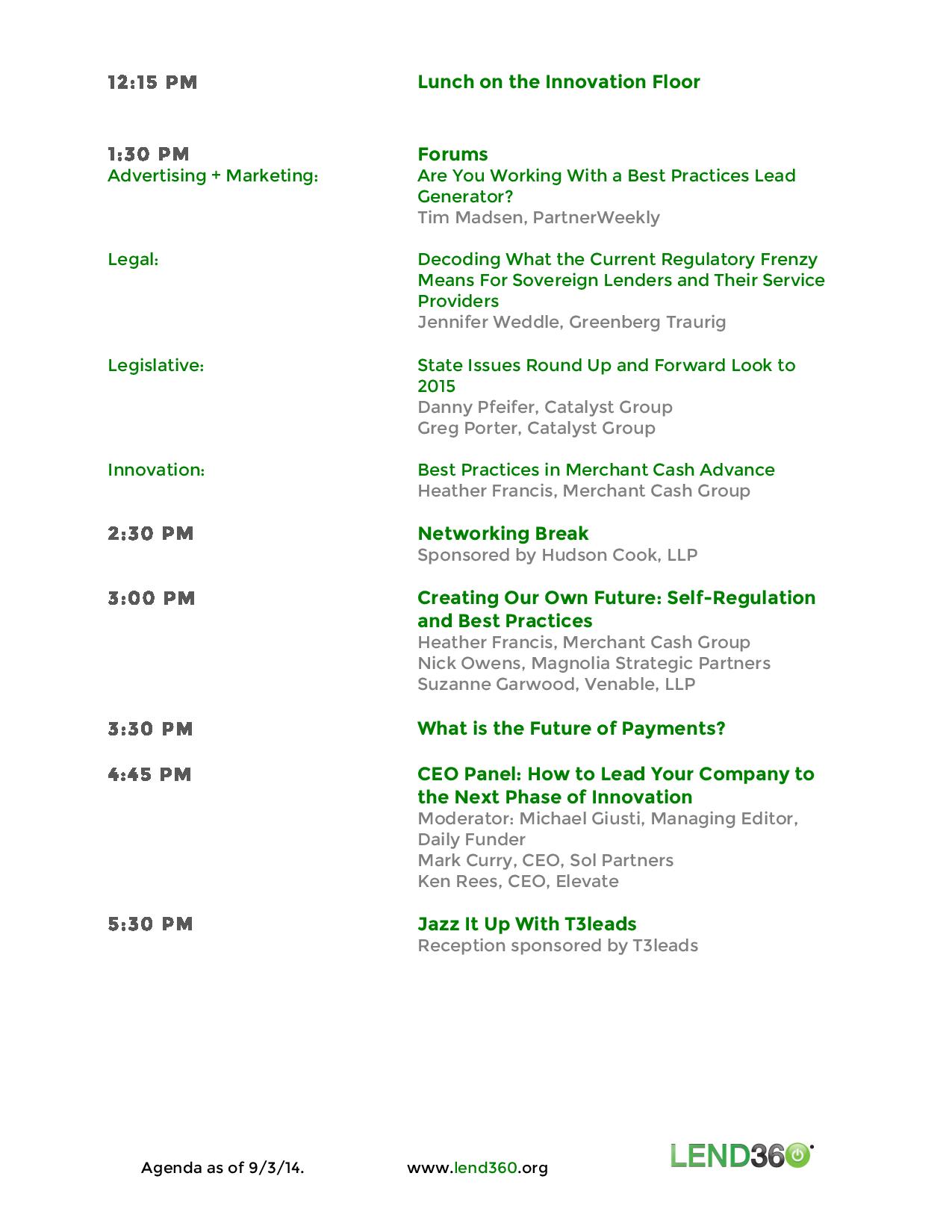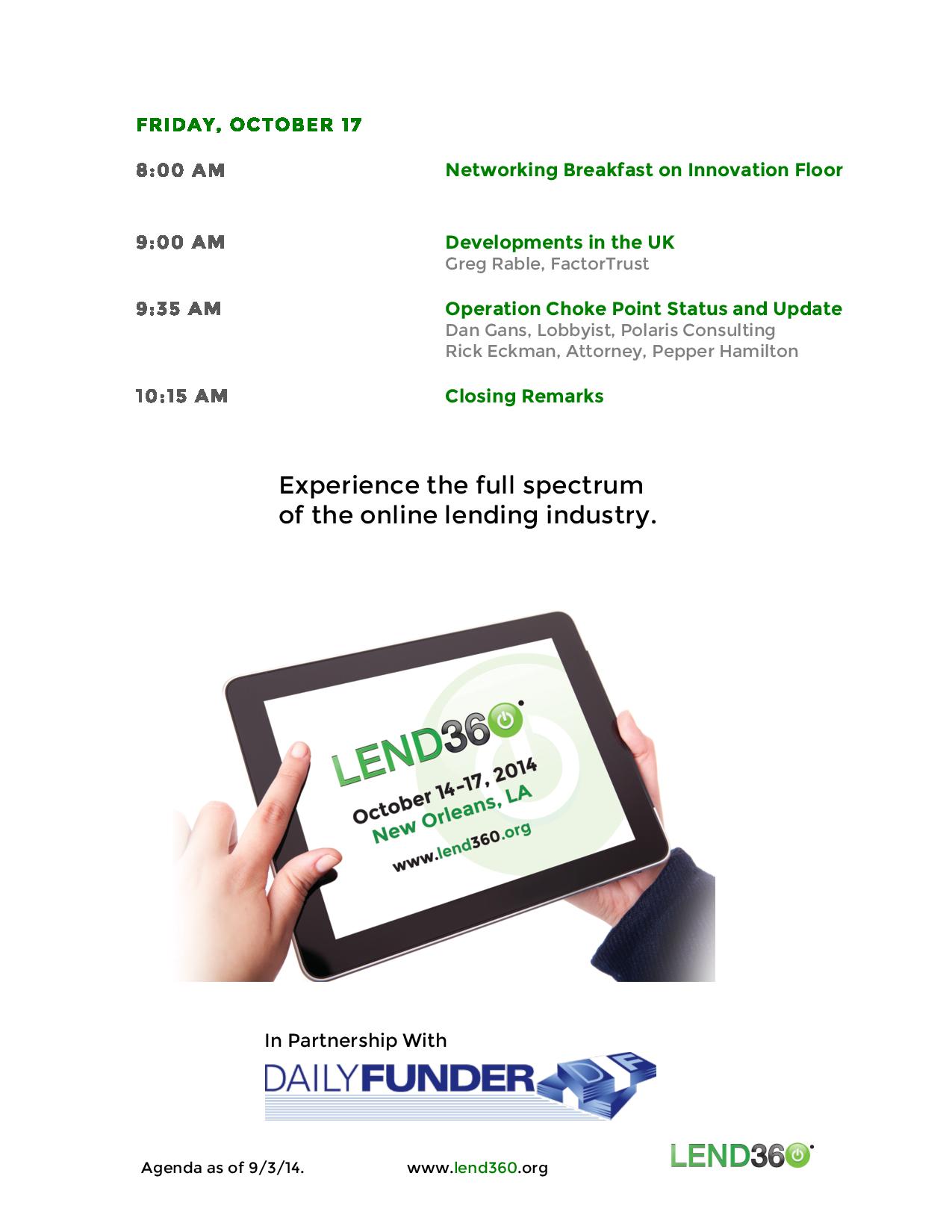Industry News
Letter From the Editor – July/August 2015
July 1, 2015 G’day mates,
G’day mates,
Merchant cash advance and similar financial solutions have expanded beyond the United States. Canada was always the next logical option but it’s made its way far beyond that, all the way to Australia. And in the land down under, Australian natives are competing with American-based companies for market share. There’s not a lot of information available about the landscape there so we went out and got the inside scoop, fair dinkum!
Speaking of international, the race is on here at home to obtain a national or state bank charter. Loans allow for much more customization than is possible with merchant cash advances, noted Glenn Goldman, CEO of Credibly. But is the industry setting itself up for a stable future or are some companies betraying their roots as a bank alternative by in essence becoming banks themselves?
And even while the crowd cheers for charters, a baffling appellate court ruling in New York State threatens to undermine that strategy completely. If you haven’t heard of Madden v. Midland Funding, we’ve got some information about it inside.
I must note that deBanked celebrated its 5-year anniversary this past July. The world was much simpler when I started it. In 2010, I was able to quantify the industry’s size with ease, but today it’s a challenge to define what the industry even is, let alone calculate how big it is.
Everything is evolving and quickly, but some things still say the same, like when a broker’s commission is pulled back because a deal defaulted. Shouldn’t lenders take full responsibility for their own underwriting decisions? Not all brokers thought so apparently when we asked them. It appears that today’s broker is thinking more like a lender and if long-term growth is one of their goals, they’re probably thinking about becoming a lender themselves. That of course brings us right back to bank charters and court rulings to make that possible.
And if those topics are exhausting to think about, then sit back, relax and let us guide you through the beautiful Australian Outback. From Uluru to a kangaroo, alternative lending is never out of reach.
–Sean Murray
Letter From the Editor – May/June 2015
May 1, 2015 Alternative lending is full of bubbles. I’m referring to the inefficient exchange of information, not runaway valuations, though that’s something to explore in a future issue.
Alternative lending is full of bubbles. I’m referring to the inefficient exchange of information, not runaway valuations, though that’s something to explore in a future issue.
New financial products can be just as intimidating to the professionals working within the wider industry as they are to the customers they’re being offered to. I’ve blogged often of my experience investing in Lending Club and Prosper notes, something I assumed everyone in the business finance world could relate to. Alas, I find that usually raises more questions with readers than it does answers.
Are you just nodding your head and smiling when your peers talk about their alternative lending portfolios? There’s no better way to understand today’s loan marketplaces than being an investor in them, even if it’s just a small amount. Whether it’s merchant cash advances, real estate loans, student loans, or credit card debt, there are plenty of opportunities and worlds to explore. You should conduct research, diversify, and be smart of course. You don’t want to be trapped in a bubble.
Outside the knowledge bubbles, we have regional enclaves. There are entire city neighborhoods being overrun by small business financing startups. In New York City, it had long been Midtown, but some shops started moving south and before anyone realized what was happening, Wall Street had been overrun by a new breed of broker. The culture in lower Manhattan is different than you might find in Midtown or in the next two largest industry hubs, Miami and San Francisco.
In this issue, we’ll begin to explore the industry’s bubbles, both geographically and structurally.
–Sean Murray
Rapid Capital Funding Acquires American Finance Solutions
October 8, 2014 Miami, Florida-based Rapid Capital Funding will acquire Anaheim, California-based American Finance Solutions today in perhaps one of the most significant deals in merchant cash advance history.
Miami, Florida-based Rapid Capital Funding will acquire Anaheim, California-based American Finance Solutions today in perhaps one of the most significant deals in merchant cash advance history.
Rapid Capital Funding, not to be confused with RapidAdvance, is led by the company’s founder Craig Hecker. Hecker and AFS’s CEO Scott Griest broke the news to me on a call together. “It’s a roll-up,” Griest said. AFS will continue to operate under their brand name for the time being and Griest will remain a leader in the company.
Meanwhile, the operations of the two companies will begin to merge, with Hecker confirming already that their head underwriter, Andrew Hernandez, was in California getting up to speed on AFS’s operations.
The news comes less than five months after American Finance Solutions struck an equity deal with CapFin partners. I am unsure if CapFin is still involved in the company.
 Griest and Hecker were both excited about working together. “Griest has done a great job managing the sales partner channel,” Hecker said. Griest will continue to develop those relationships for the company.
Griest and Hecker were both excited about working together. “Griest has done a great job managing the sales partner channel,” Hecker said. Griest will continue to develop those relationships for the company.
This is the first major merger in the industry. Historically, just about all of the equity deals in merchant cash advance have been acquisitions by institutional investment groups. This is a consolidation.
RCF, while based in Miami, has an office in New York City. The AFS deal puts them on the ground in the 3rd major industry hub.
The two executives hinted that this deal was just the beginning.
IFA Tells Merchant Cash Advance Companies to Get Lost
August 22, 2014On June 27, 2014, the International Factoring Association (IFA) and the American Factoring Association (AMA) publicly announced their decision to ban merchant cash advance companies from obtaining memberships. The nature of just how public that announcement was is questionable since nobody in the industry seemed to be aware of it, including a dozen plus merchant cash advance companies who have been longtime members of the IFA.
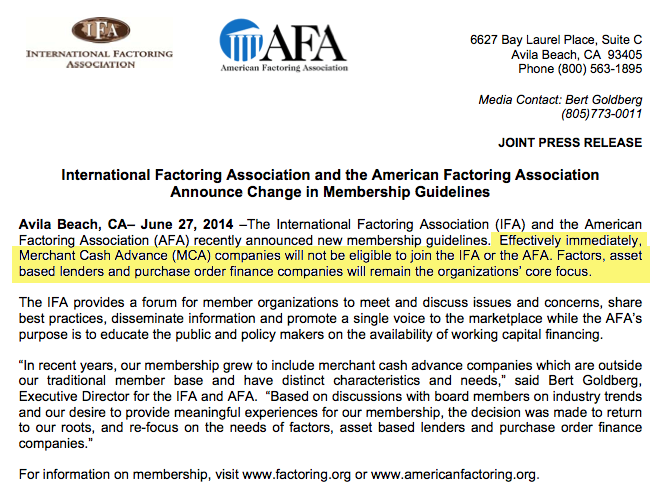
The timing of the ban is leaving a few companies unsettled since it was announced immediately following the IFA’s annual factoring conference in which merchant cash advance companies not only exhibited but were also amongst some of the event’s featured speakers.
To illustrate just how awkward the timing was, the IFA had just begun to thank everyone for attending the conference in the May/June issue of their magazine and in practically the same breath revealed that all merchant cash advance companies were banned going forward:
The IFA annual conference has grown to become the number one industry event for the factoring and receivable finance industry. The IFA convention is now the largest and most relevant event of the year, and as the attendees of San Francisco conference can attest to, it has become the must attend event of the year. Thank you to everyone that attended and helped the IFA achieve this unprecedented growth.
… … …
Due to the number of complaints that have been received, both the IFA and the AFA have voted to bar Merchant Cash Advance companies from membership in each organization. The boards of both associations felt that the model for this type of financing has changed and that there are a number of MCA companies that are not operating in an upfront manner. Given that the goal of both organizations is to assist the factoring community, we found it best to dissociate ourselves from this type of financing.
It is unclear if the IFA’s current merchant cash advance members were immediately terminated or if the rule only applies to new applications going forward. This is especially confusing since the feedback we’ve gotten from their members so far is that nobody knew this had even taken place.
 Hopes for a peaceful breakup between the two industries has possibly weakened after a story was spotted in the July/August issue of the IFA’s Commercial Factor magazine aimed at attacking and discrediting merchant cash advance companies.
Hopes for a peaceful breakup between the two industries has possibly weakened after a story was spotted in the July/August issue of the IFA’s Commercial Factor magazine aimed at attacking and discrediting merchant cash advance companies.
The article by factoring attorney Steven N. Kurtz alleged that tortious interference, regulatory scrutiny, and rampant disorder were reasons to steer clear of merchant cash advance companies. A more detailed breakdown of his arguments can be found on dailyfunder, but it fails to mention the way he concludes the story:
At the moment, there seems to be too many new players in the merchant cash advance industry, with no experience and loose underwriting standards. There is likely going to be a shakeout because the industry segment has a high default rate and investors who lose money will lose their appetite for the deals. Before the market corrects itself, the factoring industry will have to ride out the storm by adjusting their business practices to effectively compete.
Did you catch his last sentence about riding out the storm? He’s saying to adjust, hold on, wait for a shakeout, and hopefully business for factoring companies will go back to normal. The reason it’s not normal now is because merchant cash advance companies are killing them competitively.
I guess if you can’t beat ’em, ban ’em? They should’ve just said that was the reason from the beginning…


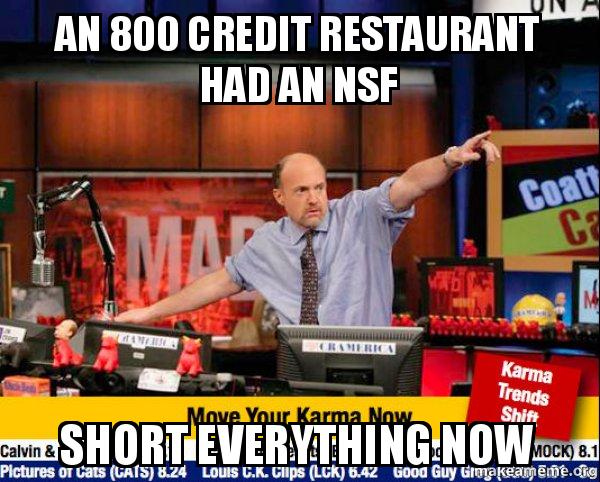 On November 10th, OnDeck Capital finally made their
On November 10th, OnDeck Capital finally made their 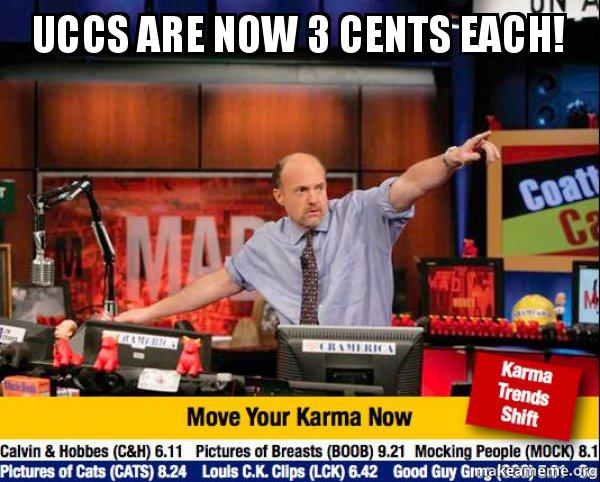
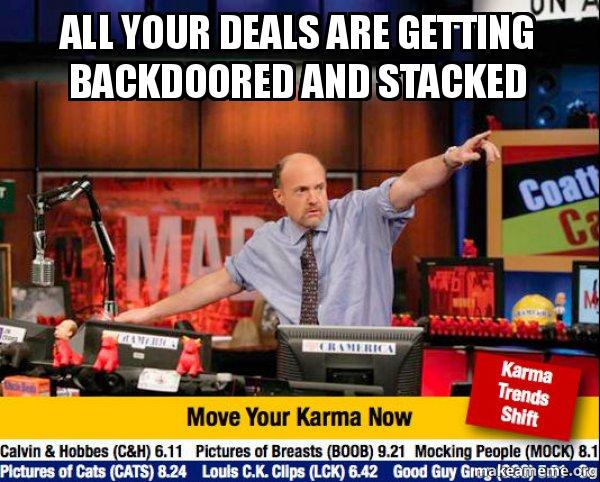
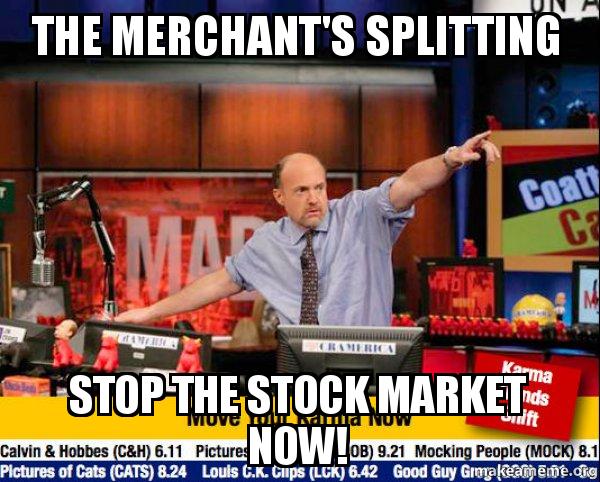
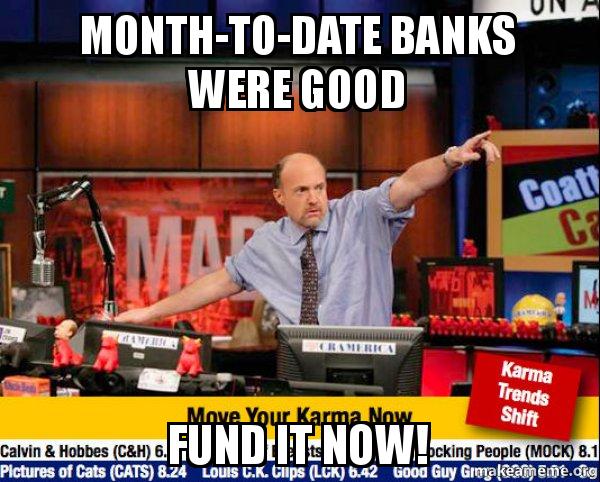
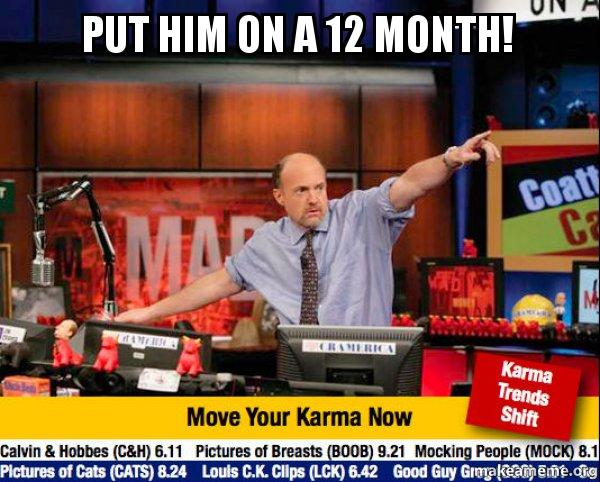


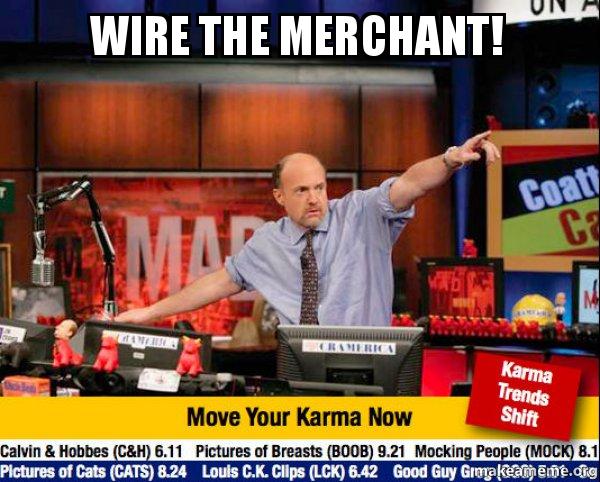

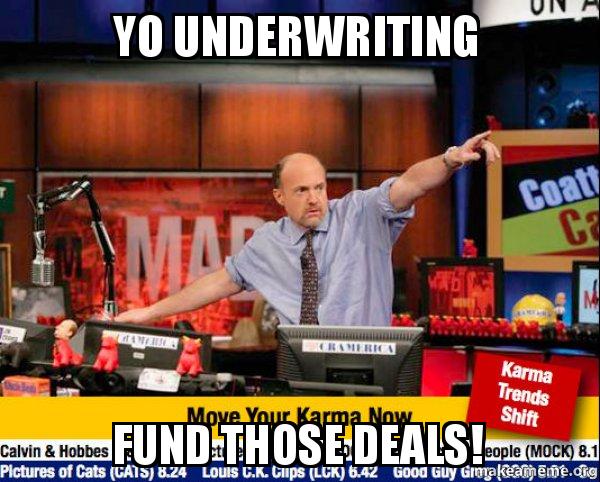

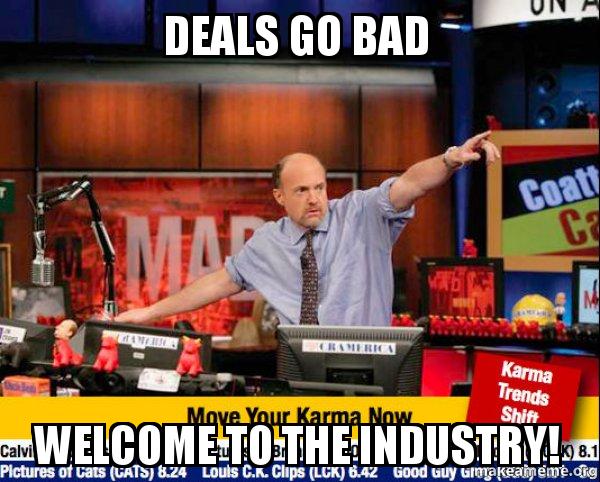
 Back on August 14th, the
Back on August 14th, the  With $1.3 billion funded since 2006, an independent report cited in the registration by Oliver Wyman estimates the untapped market to be between $80 billion and $120 billion.
With $1.3 billion funded since 2006, an independent report cited in the registration by Oliver Wyman estimates the untapped market to be between $80 billion and $120 billion. 

